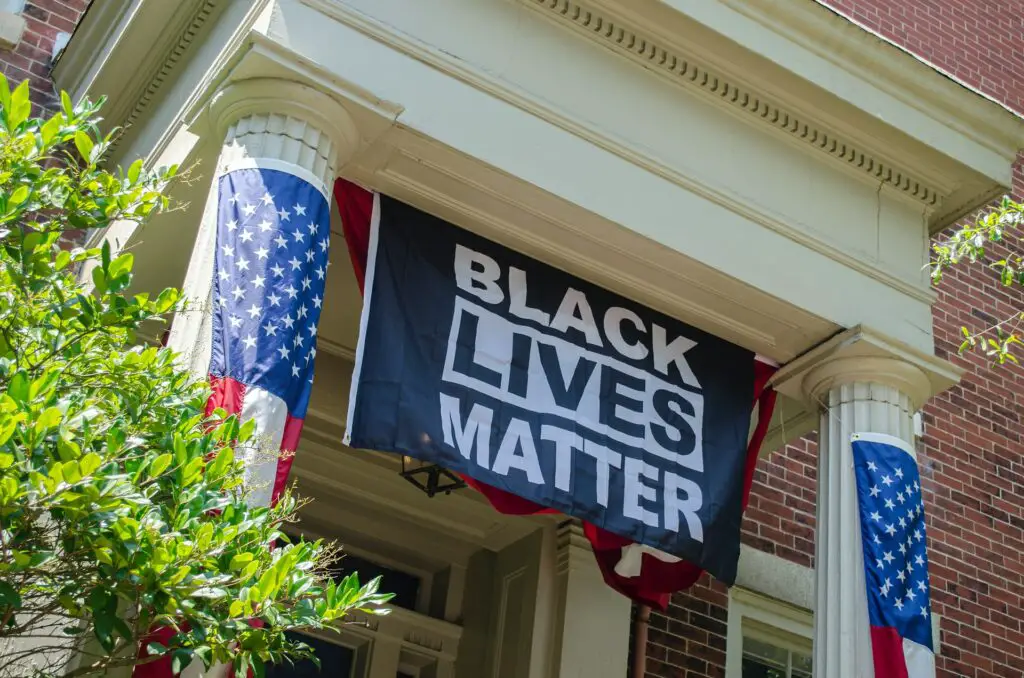Beginning in fall 2021, undergraduates at the University of Minnesota will be required to take the course Race, Power, and Justice in the United States (RPJ) at the Twin Cities campus.
Previously, students needed to take four out of five available theme courses: civic life and ethics, diversity and social justice in the US, the environment, global perspectives, and technology and society.
The course on diversity and social justice has been renamed to the RPJ course, and while students will still need to take four total themed courses, one additional requirement is to specifically take the RPJ class.
Courses that currently satisfy the former theme course, diversity and social justice in the US, will automatically meet the requirements of the new RPJ.
Ensuring Students Are Educated About Racial Inequality
The Council on Liberal Education (CLE), a group of faculty responsible for reviewing and approving liberal education courses, forwarded the proposal to the faculty senate in December. Last Thursday, the Twin Cities faculty senators voted on the proposal with 67 yeas, 15 nays, and eight abstentions.
Chair of the CLE, Kathryn Pearson, stated that around a quarter of students from the university graduated without taking a social justice course.
Pearson added that the proposal was created upon Executive Vice President and Provost Rachel Croson’s request following the murder of George Floyd in 2020.
“We’re failing our students if we don’t make them aware of systemic racial inequality and give them the tools to analyze it and its implications,” Pearson stated.
“Minnesota has some of the worst racial inequities in education, housing, health care, criminal justice, the environment. And most recently, it’s the site of George Floyd’s murder.”
Skepticism About Course
There has been some hesitation regarding this new requirement. According to The Minnesota Daily, some senate members were concerned that making the course a requirement could be a source of additional emotional labor on students of color.
Speaker for the Council of Graduate Students, Mattea Alert, expressed her belief that while the proposal is not “inherently bad,” it may not accurately address the needs of the students.
“I sort of come from the mindset of opposed to dedicating specific classes to talk about race and social justice, that race and social justice should be brought into … all subjects because it touches everything,” she explained.

